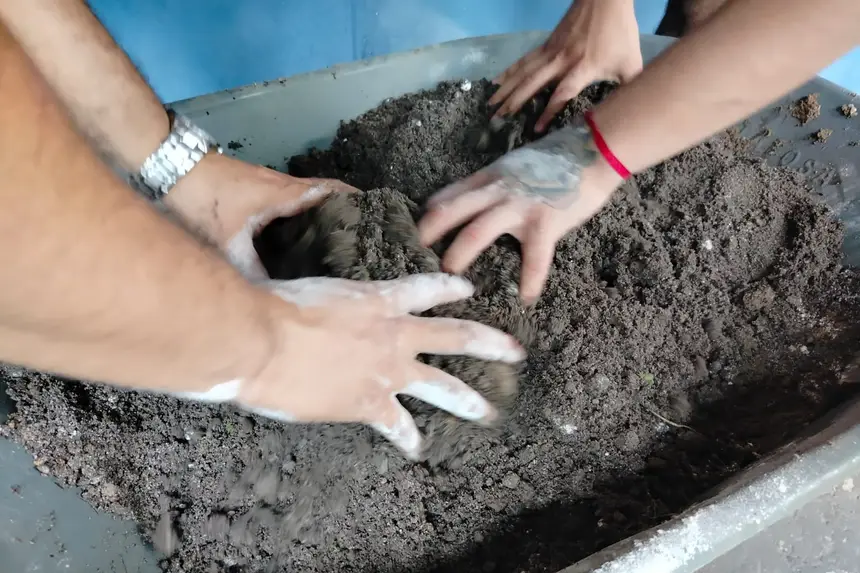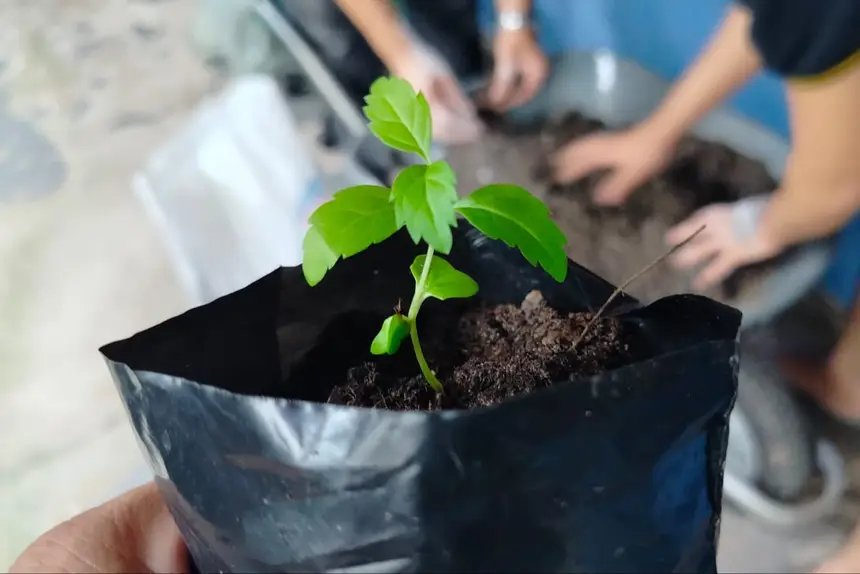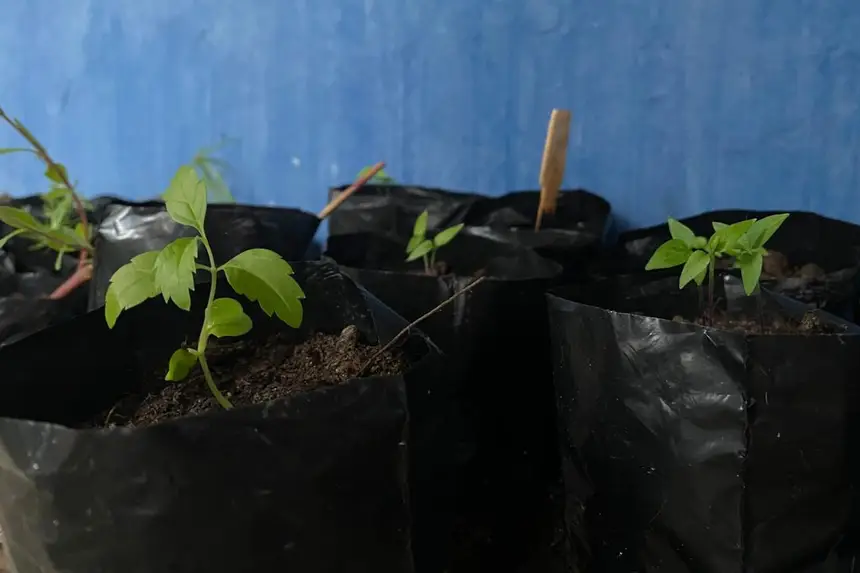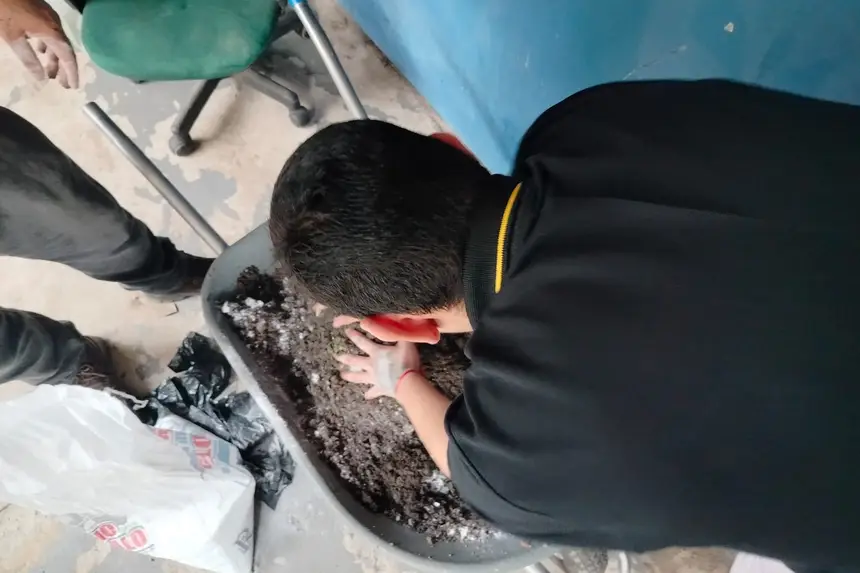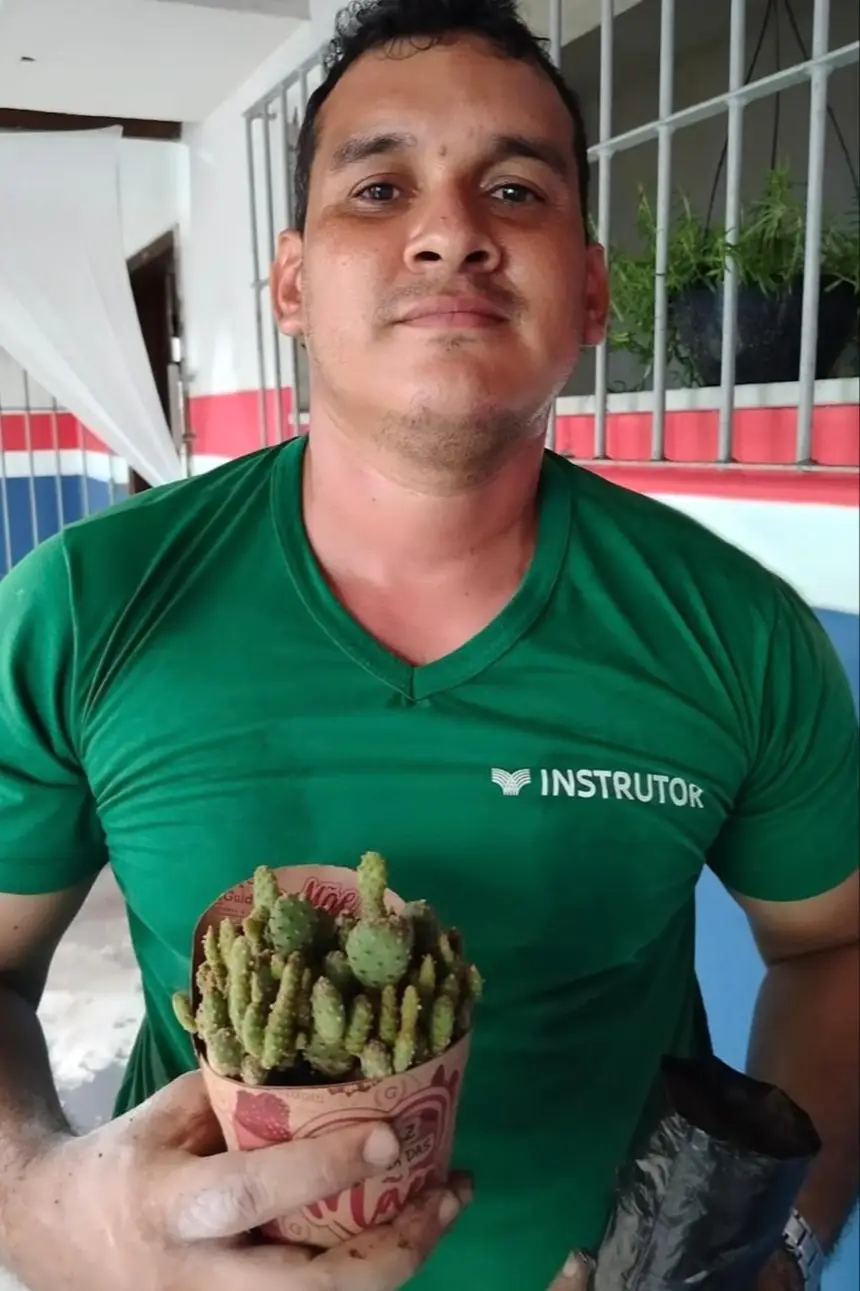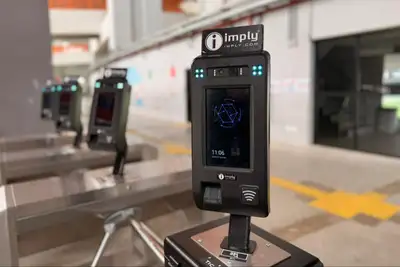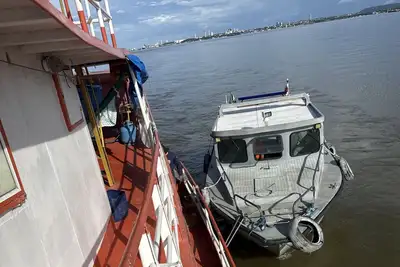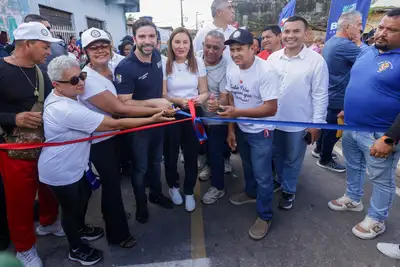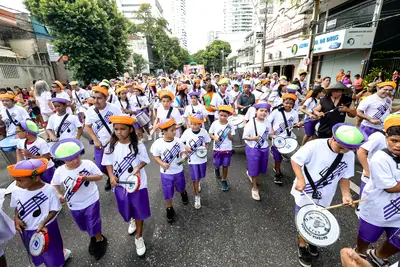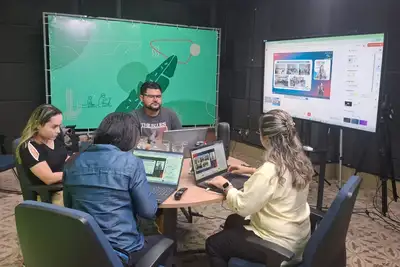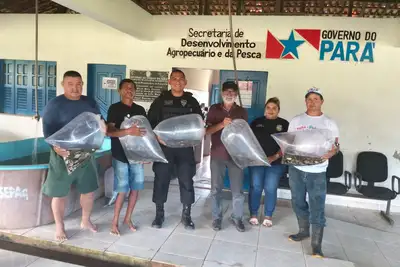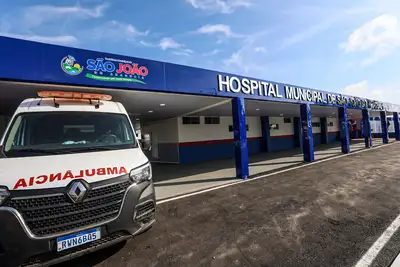Fasepa and Senar hold course for socio-educational students on Forest Seedling Production
The workshop aims to socially reintegrate and economically empower the socio-educational students
From May 12 to 23, the Pará Social-Educational Assistance Foundation (Fasepa), through the Social-Educational Assistance Unit (UASE 3), located in Ananindeua, in the Metropolitan Region of Belém, promotes a vocational training course for socio-educational students, in partnership with the National Rural Learning Service (Senar).
The workshop on Forest Seedling Production seeks to socially reintegrate and economically empower the socio-educational students, and was taught by Senar instructor Raul Carvalho, who highlights the importance of this initiative by combining sustainability and socio-education in one course.
"The course, besides having a therapeutic aspect, helps young people deprived of liberty to gain experience with outdoor activities and acquire knowledge of a vocational aspect for the future of these adolescents, gaining practical experience by learning to handle substrates, fertilizers, and plants. Thus, the adolescent in socio-educational measures will be prepared to be inserted into the job market," said Carvalho.
Senar offers courses, training, and consulting in various areas of agribusiness, with actions that promote sustainability, professional training, and social inclusion. More than just teaching a new trade, vocational courses represent an opportunity for personal development, providing adolescents and young people in socio-education with a constructive path, ensuring possibilities for achieving financial autonomy through a profession.
For the 16-year-old adolescent, who has been serving a measure for 5 months at UASE 3, the course opens pathways and keeps him optimistic about the future after the socio-educational process. "I am learning something new that I know can change my future, and I see the course as a way out, allowing me to gain knowledge and think about my future. I was interested in taking a course like this, and I see this opportunity as a way to generate support for my family," said the socio-educational student.
The holding of COP30 in Belém has represented a significant milestone in strengthening the global discussion on global warming and climate change, promoting debates and the implementation of sustainable policies, involving governments, civil society, and educational institutions. This movement has directly reflected in the socio-educational actions developed by Fasepa, which has sought to align its pedagogical practices and projects with the principles of sustainability and environmental education, promoting awareness among adolescents and young people deprived of liberty.
According to Raul, the course is directly aligned with these objectives. "This initiative has enormous relevance, especially at times when it is essential to raise awareness about urgent issues, such as the climate crisis. By involving these young people, we show how they can contribute with an active voice to make a difference, not only in theoretical understanding but also by helping them understand through concrete practices." He also emphasized that, "by working with plant seedlings, young people in socio-educational measures have the opportunity to reflect on the teachings and learn in practice the value of environmental preservation. Sustainability is a continuous process," said the instructor.
Vocational workshops represent an important step towards the social, emotional, and economic reintegration of socio-educational students, in addition to strengthening the appreciation of ecological themes. This initiative reaffirms the commitment of socio-education to transform lives through professionalization and the environment.
Text: Enzo Brito (intern), under the supervision of Dani Valente (Ascom Fasepa)



